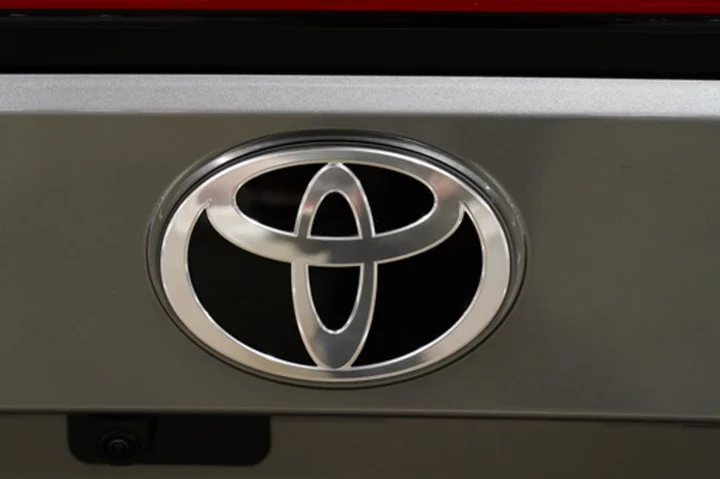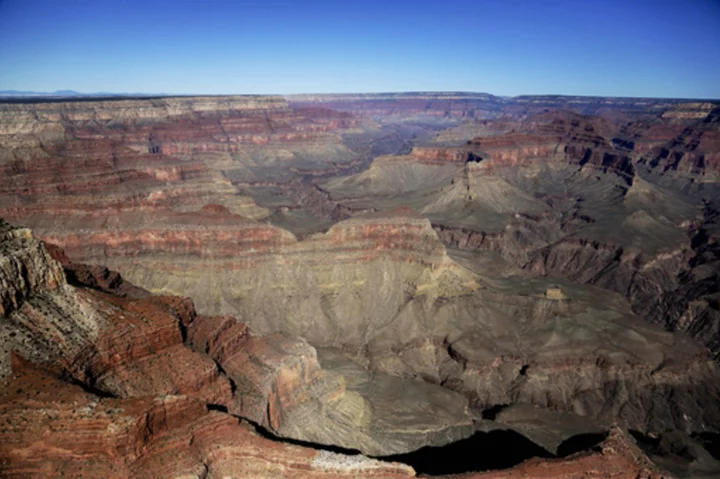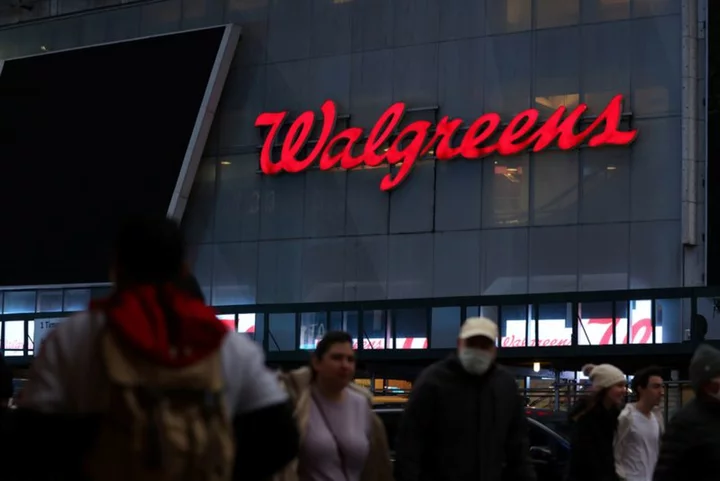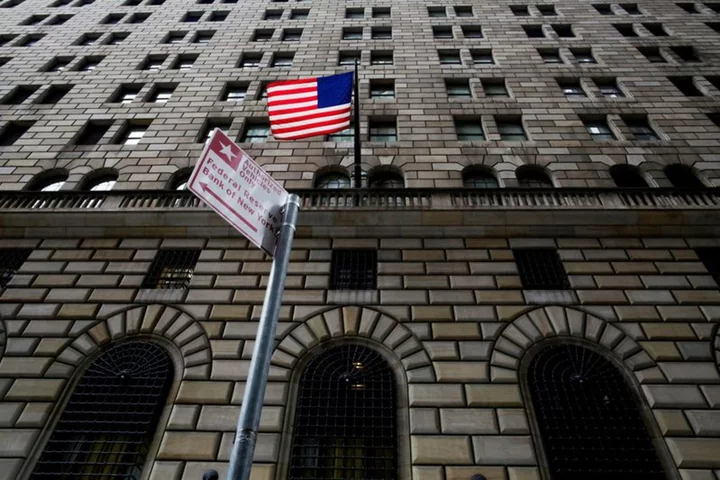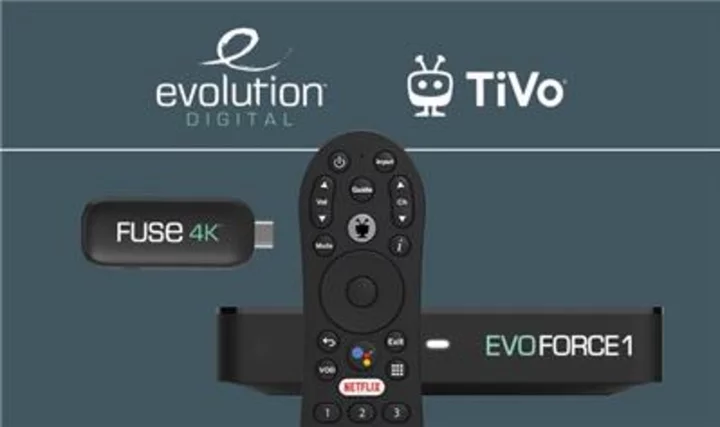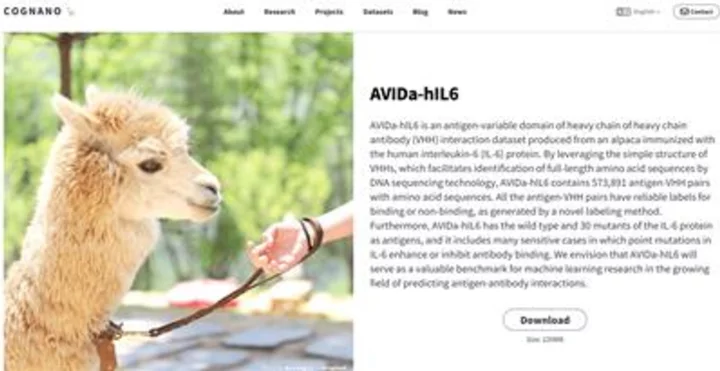Toyota will invest another $2.1 billion in an electric and hybrid vehicle battery factory that's under construction near Greensboro, North Carolina.
The plant will supply batteries to Toyota's huge complex in Georgetown, Kentucky, which will build Toyota's first U.S.-made electric vehicle, a new SUV with three rows of seats.
The plans, announced Wednesday, won't immediately create any more jobs at either the Kentucky or North Carolina factories. Susan Elkington, president of Toyota Motor Manufacturing Kentucky, said the new vehicle reflects the company's "journey toward an electrified future.”
Toyota will tap into a “growing market segment” with its new three-row SUV, Elkington said. She sidestepped media questions Wednesday regarding specific details of the new vehicle, saying: “I know everybody really wants to know about the vehicle, but today’s announcement is really about our manufacturing location.”
Toyota plans to employ 2,100 workers at the North Carolina battery factory, which will start production in 2025. The investment will prepare infrastructure for expansion. It brings the total investment in the Randolph County plant to $5.9 billion to meet the company's goal of selling 1.8 million electric or hybrid vehicles in the U.S by 2030. Toyota broke ground to begin building the plant in 2021.
The 9 million-square-foot Kentucky complex now employs 9,500 people who make the Camry sedan, RAV4 Hybrid SUV, several engines and other components. The company says jobs will shift to the new electric vehicle when production starts in 2025.
The North Carolina battery plant will have six battery production lines, four for gas-electric hybrid vehicles and two for fully electric vehicle batteries, Toyota said in a statement. The site near Greensboro is relatively close to many of Toyota’s existing U.S. auto assembly plants in Missouri, Kentucky, Indiana, Alabama and Texas.
“With this proactive infrastructure investment, we will be able to quickly support future expansion opportunities to meet growing customer need,” Sean Suggs, president of Toyota Battery Manufacturing North Carolina, said in a statement.
Toyota Motor Corp. plans to sell 2 million zero emission hydrogen and battery electric vehicles worldwide per year by 2030. In the U.S., the company plans to sell 1.5 million to 1.8 million vehicles by 2030 that are at least partially electrified.
Toyota’s new President Koji Sato has promised what he called an aggressive shift on “electrification" of vehicles including hybrids.
The company has been criticized by environmental groups for falling behind in electric vehicle sales and relying on hybrids, which burn gasoline, for future sales.
Suggs pointed to a “portfolio approach” by Toyota that provides options to consumers.
“We truly believe that electrification is truly hybrid, plug-in hybrid, fuel cell, all-electric," he told reporters Wednesday. "And that’s what the customers are telling us as well. And we believe that there’s going to be a gradual approach to electrification going forward.”
Toyota now offers the bZ4X electric compact crossover, built on what’s called the e-TNGA platform. That stands for “Toyota New Global Architecture,” and is also used in its Prius and Lexus models. The electric platform was developed in collaboration with Subaru.
The bZ4X is available in Japan, the U.S., and parts of Europe, such as Germany and Britain, as well as China and Thailand.
Toyota also recently announced a new electric car to be sold in China, called bZ3. It will use technology developed with Chinese EV manufacturer BYD Co. in a collaboration that also includes state-owned Tianjin FAW and other partners.

